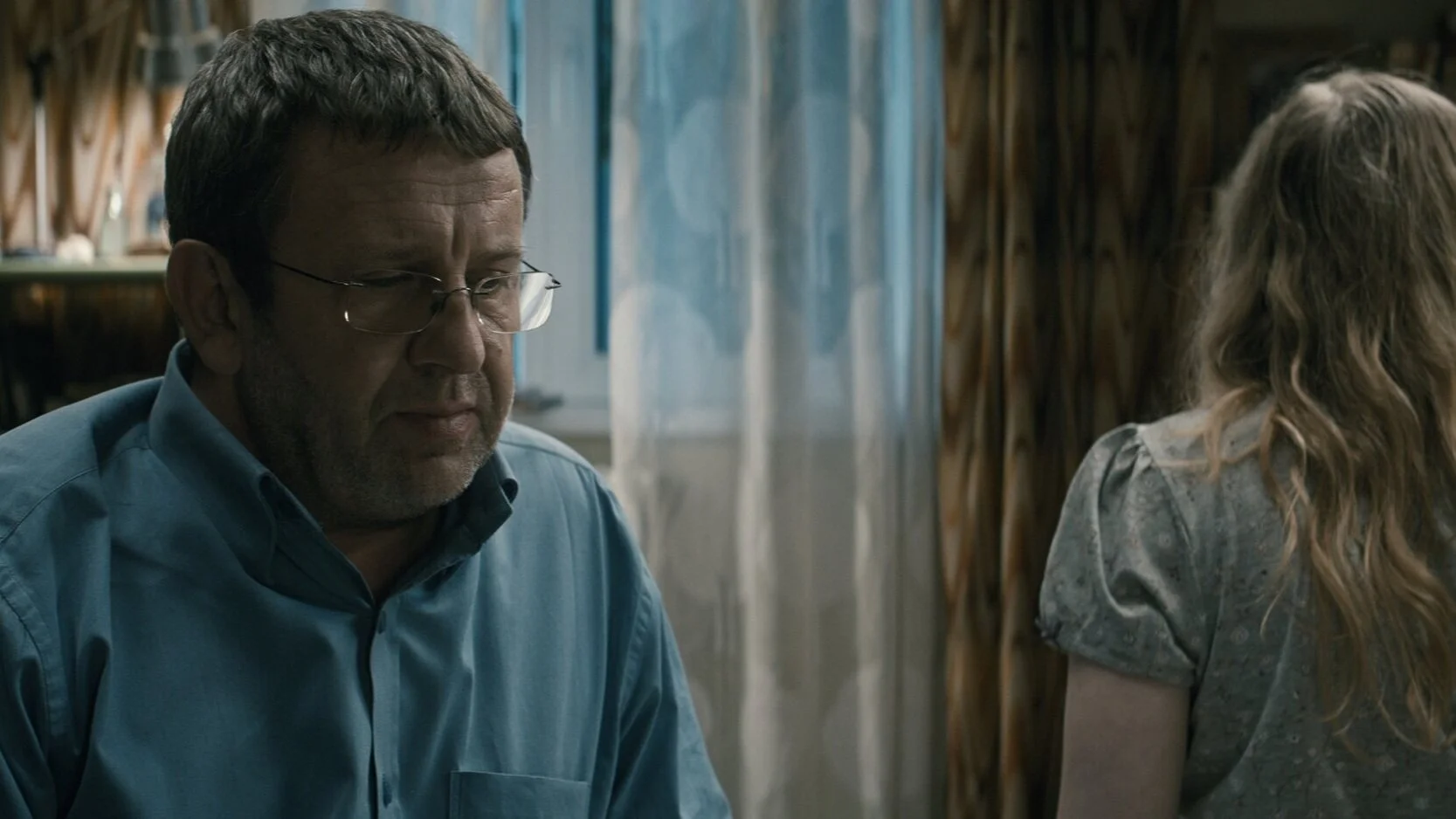Graduation
A Romanian family drama centred on a doctor with a moral dilemma.
Thanks largely to the impact made by 4 Months, 3 Weeks and 2 Days (2007) Cristian Mungiu is the most famous of today's Romanian filmmakers although personally my preference heretofore has been for the work of Cǎlin Peter Netzer (Child's Pose, 2012) and for Corneliu Porumboiu's 12.08 East of Bucharest (2006). But for two thirds of its length I felt that Mungiu's latest work as writer and director, Graduation, would fully justify the acclaim it has received (among other awards it shared that for Best Director at the 2016 Cannes Film Festival).
What could have been played in a melodramatic tone is presented here as a moral drama that reflects everyday life. It is set in Romania's second largest city, Cluj, which is the home of a doctor, the middle-aged Romeo Aldea (Adrian Titieni). He is known for being honest in a society in which corruption thrives, be it by way of bribery or of underhand deals. Indeed, it is Aldea's ardent wish to see his eighteen-year-old daughter, Eliza (Maria-Victoria Dragus), escape from just such a world that makes him so keen for Eliza to win a scholarship to Cambridge, the possibility of which turns on the marks she is hoping to earn at an examination being held in Cluj.
Ironically, it is at this moment that Eliza become the victim of an assault: she fights off her would-be rapist but, shaken rather more than actually injured, she is not on form to do well in the exam. Her father realises that if he pulls strings it might be possible to ensure that she is given the necessary pass mark on which her future depends, but will this honest man stoop to this and could he justify such action?
It's a situation that invites the audience to identify with the doctor's plight and then to draw their own conclusions, and it adds convincingly to the complexity of the tale that the man who usually takes a moral stand is actually cheating on his wife (Lia Bugnar) with Sandra (Malina Manovici) who is a single mother and a teacher. The unforced pace and the naturalism of the acting ensure that Graduation comes across as a convincing intimate drama that reveals a great deal about conditions in Romania today.
However, what has seemed set to be a persuasive and quietly compelling film strikes me as misjudged in its concluding scenes. Given a running time of over two hours, the audience will have certain expectations of the film, but in the event it becomes simultaneously too built up and too vague to satisfy. There are a whole series of subsidiary plot threads (the identity of a stone thrower targeting the doctor, the reliability or otherwise of Eliza's boyfriend, Eliza's discovery of her father's infidelity, the future of his marriage, the police line-up to identify the girl's assailant, the risk of the doctor being prosecuted for what he has done). When all of these reach a crisis point within some forty-eight hours or so what had smacked of real life starts to feel overcooked. Wholesale resolutions of these matters might have seemed even more contrived, but the decision to leave so much hanging invites a sense of dissatisfaction. It's a pity when so much of this film is so good.
MANSEL STIMPSON
Cast: Adrian Titieni, Maria-Victoria Dragus, Lia Bugnar, Malina Monovici, Vlad Ivanov, Gelo Colceag, Rares Andriki, Petre Ciubotaru, Alexandra Davidescu, David Hodorog.
Dir Cristian Mungiu, Pro Cristian Mungiu, Screenplay Cristian Mungiu, Ph Tudor Vladimir Panduru, Pro Des Simona Paduretu, Ed Mircea Olteanu, Costumes Brandusa Ioan.
Mobra Films/Canal+/Ciné+/Wild Bunch/Why Not Productions/Les Films du Fleuve-Curzon Artificial Eye.
128 mins. Romania/France/Belgium/Denmark. 2016. Rel: 31 March 2017. Cert. 15.


